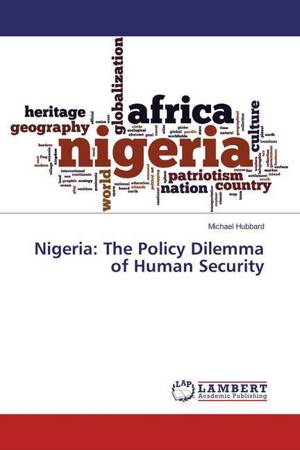
- Afhalen na 1 uur in een winkel met voorraad
- Gratis thuislevering in België vanaf € 30
- Ruim aanbod met 7 miljoen producten
- Afhalen na 1 uur in een winkel met voorraad
- Gratis thuislevering in België vanaf € 30
- Ruim aanbod met 7 miljoen producten
Zoeken
€ 39,45
+ 78 punten
Omschrijving
Despite lofty rhetoric and aspirations, neither the goals of Foreign Aid nor those who advocate Foreign Direct Investment for alleviating poverty have been, or are likely to be achieved in Nigeria. This study examines why Foreign Direct Investment and Foreign Aid in Sub-Saharan Africa facilitate patronage which, in turn, results in Human Insecurity across the region. In the case of Nigeria, there is an inherent dilemma between aid and investment on one hand and patronage, access, and corruption on the other. U.S. Foreign Aid and Foreign Direct Investment in Nigeria facilitate and reinforce patronage and corruption, which in turn, results in a condition of Human Insecurity.
Specificaties
Betrokkenen
- Auteur(s):
- Uitgeverij:
Inhoud
- Aantal bladzijden:
- 84
- Taal:
- Engels
Eigenschappen
- Productcode (EAN):
- 9783659859038
- Uitvoering:
- Paperback
- Afmetingen:
- 150 mm x 220 mm

Alleen bij Standaard Boekhandel
+ 78 punten op je klantenkaart van Standaard Boekhandel
Beoordelingen
We publiceren alleen reviews die voldoen aan de voorwaarden voor reviews. Bekijk onze voorwaarden voor reviews.











